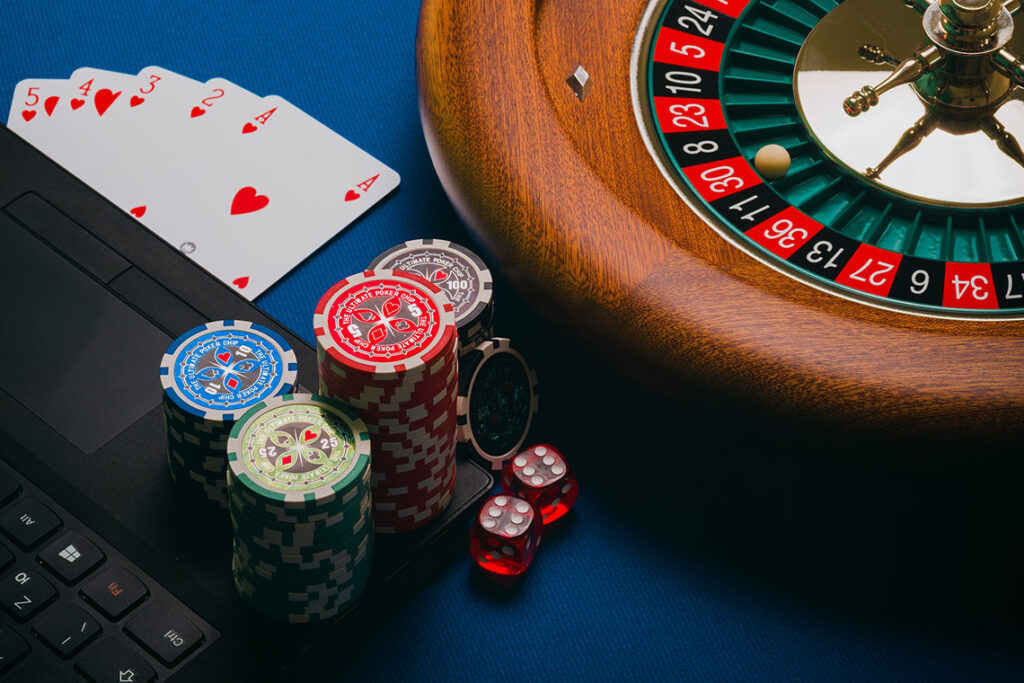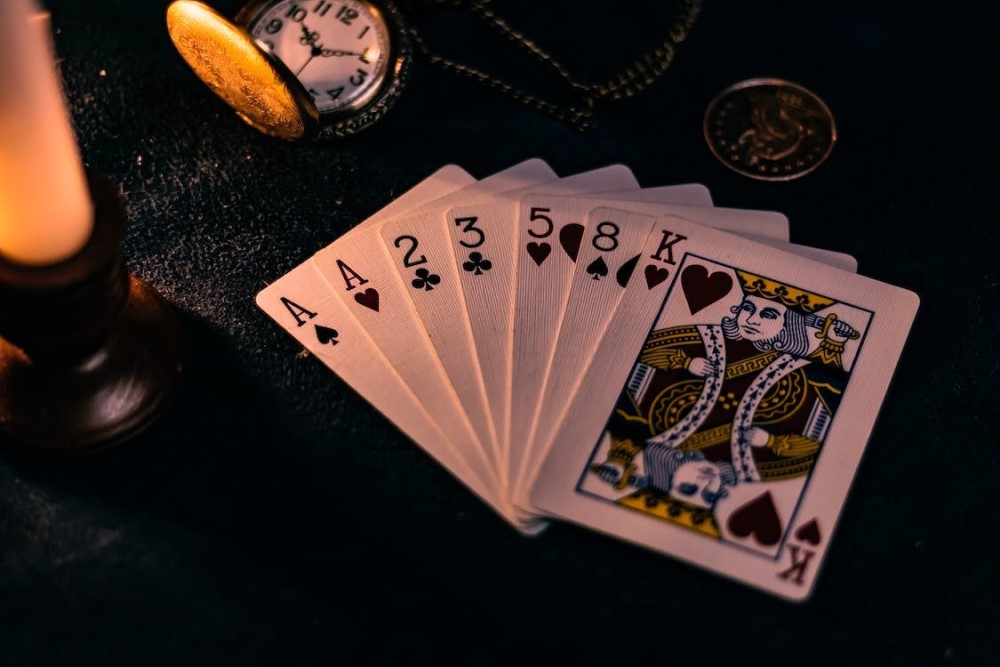Gambling, a universal pastime that spans cultures and continents, has been interwoven with human history for centuries. From the ancient Chinese practice of Keno to the glittering casinos of Las Vegas, gambling is a multifaceted phenomenon. In this exploration, we delve into the myriad of superstitions and myths that surround gambling across different cultures. We aim to demystify these beliefs and provide a clear-eyed view of this global fascination.
The Role of Superstition in Gambling

Source: wonderfulmalaysia.com
Superstitions in gambling are as old as the games themselves, often born out of a desire for control in a realm ruled by chance.
The Power of Lucky Charms and Rituals
Many gamblers believe in the power of lucky charms or rituals to tilt the odds in their favor, whether they are playing at a traditional table game or an online casino. This belief is prevalent across cultures, with various items and practices considered lucky. For instance, in Western cultures, a rabbit’s foot or a horseshoe might be seen as a talisman for good luck, while in Chinese culture, red clothing or the number 8 is often associated with prosperity and fortune. These symbols and practices provide a psychological cushion against the unpredictability of gambling, offering comfort to players in both physical and virtual gaming environments.
Superstitions in Game Strategies
Some gamblers also adhere to specific strategies or behaviors, believing they can influence the outcome of a game. This can range from blowing on dice before rolling them in craps to avoiding counting money at the table. While these actions have no scientific basis, they persist because of the human tendency to find patterns and meaning in random events.
Myths Surrounding Gambling
Beyond superstitions, several myths about gambling shape how people approach these games.
The Gambler’s Fallacy
One of the most common myths in gambling is the ‘gambler’s fallacy’. This is the belief that if something happens more frequently than normal during a certain period, it will happen less frequently in the future, and vice versa. For example, if a roulette wheel lands on black several times in a row, some might believe that it’s ‘due’ to land on red. This is a misunderstanding of probability, as each event in games of chance is independent of the previous ones.
The Myth of Skill Over Chance
Another pervasive myth is that skill can always overcome chance. While skill plays a significant role in some games, like poker, many casino games are designed to be random. Believing that one can consistently beat a game of chance through skill can lead to overconfidence and, potentially, significant losses.
Gambling Superstitions Around the World

Source: playplayfun.com
Asian Gambling Superstitions
In many Asian cultures, gambling is steeped in superstitions. For instance, in Chinese culture, it’s common to avoid the number 4, as it sounds like the word for death. Additionally, Feng Shui, the ancient practice of arranging one’s environment harmoniously, is often considered when designing casinos to attract luck and fortune.
Conclusion: A Balanced View of Gambling
Gambling is a complex and multifaceted activity that is deeply ingrained in cultures around the world. While superstitions and myths are an integral part of the gambling experience for many, understanding the reality behind these beliefs can lead to a more enjoyable and responsible approach to gambling. Whether you’re rolling the dice, spinning the wheel, or playing the cards, remember that gambling is ultimately a form of entertainment, with chance being its defining element.



